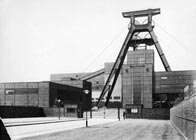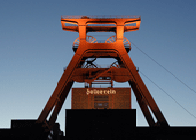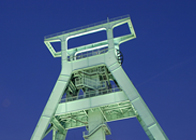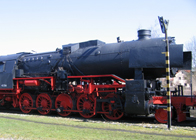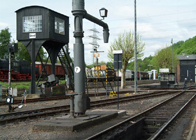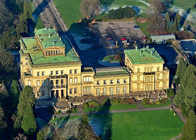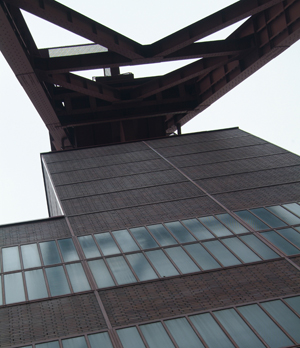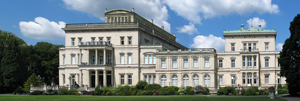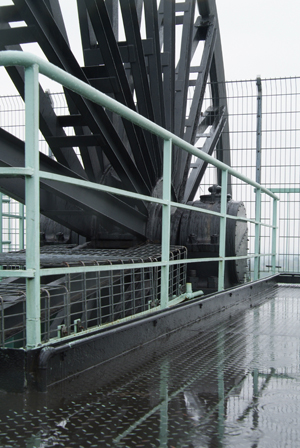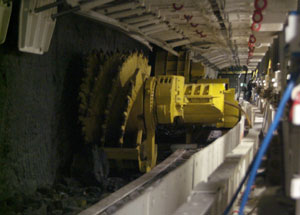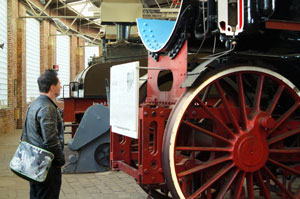Trip Info
Ruhr area
Duration
- 2 days
Group size
- 2-8 persons (min 2 adults)
Prices
- 325 euro info *
- Transport from Amsterdam to the Ruhr area v.v.
(Contact us to discuss the possibility of other pick-up points if so required);
- Hotel accommodation (including breakfast) for one night ( two days, suppl. 1p-bedroom €35);
- A personal guide on both days;
Not included:
- Meals.
(Please contact us for any specific arrangements)
Departure
- Subject to availibity:
Every day of the week except for Sundays and Mondays
Topics
- Villa Hügel Essen
- Zollverein Essen
- Ruhr museum Essen
- Mining museum Bochum
- Eisenbahn museum Bochum
- Schwebebahn
- Von der Heydt-museum
Booking
( but you can always give it a try )
Industrial heritage
of the Ruhr Area
This tour focuses on the history of a worldwide famous area in the industrial era.
Since the last decades of the 20th century classical industrial production declined and with it the high tide of the Ruhr Area. Mines and steel-plants were closed down and unemployment enlarged. In the memory of most people the Ruhr Area is still a filthy region and associated with smog and smell. In reality the region has been able to recover from this backlash by attracting modern activities in combination with efforts to balance with environment.
In the last decades initiatives were launched to preserve the industrial past. A remarkable number of sites, reflecting the "Black" Age of the Ruhrgebiet, have come alive again. Visitors can experience the industrial revolution on a level of high standards and awarded by the Unesco as World Heritage.
This overnight tour will lead you through the age of industrialisation in remarkable natural surroundings.This programme is only an indication and can be adjusted to your own wishes. You can choose for a real industrial tour but a mixed tour with industry and art is possible as well. A part of day 2 (see below) can be changed into a visit to Wuppertal with its over hundred years old monorail and the art-museum “von der Heydt”. All trips are composed in consultation with participants.
Day 1
We will visit the town Essen, "capital" of the Ruhr Area. First objective is Villa Hügel, former residence of the Krupp family. In the 19th century Alfred Krupp founded a large plant for steel production and had close relations with the Prussian government. With his son Gustav in office the factory would become one of the largest suppliers in the world for modern weaponry. The frightening piece of WW1 artillery "Fat Bertha" was produced at the Krupp-plant. Alfried Krupp was to be accused for his collaboration with the Nazis and condemned to 12 years at the Trial of Nuremberg.
Our next stop will be “Zollverein XII”, north of Essen. This was the largest coal pitch in the area. A guided tour on the coal production above-ground is part of the visit as well as the Ruhrmuseum that shows a permanent exhibition on the history of the area.
Day 2
In the morning we will visit the “Deutsches Bergbau-Museum” in Bochum.
Ins and outs of underground coalmining through history in the Ruhr Area are explained in an interactive setting.
The development of railway systems was an essential part of the process of industrialization. In the Ruhr Area it was to be one of the “leading factors” for production and further economic expansion. The railway museum Dahlhausen, with its large collection of historical trains, is the right place to experience the importance of this branch of industrial activity.
